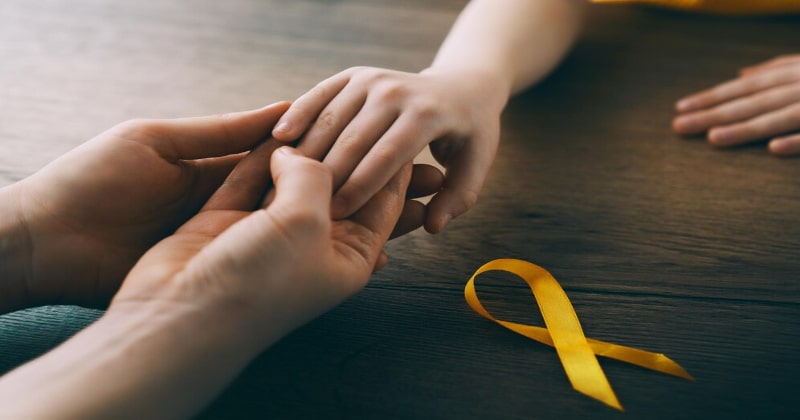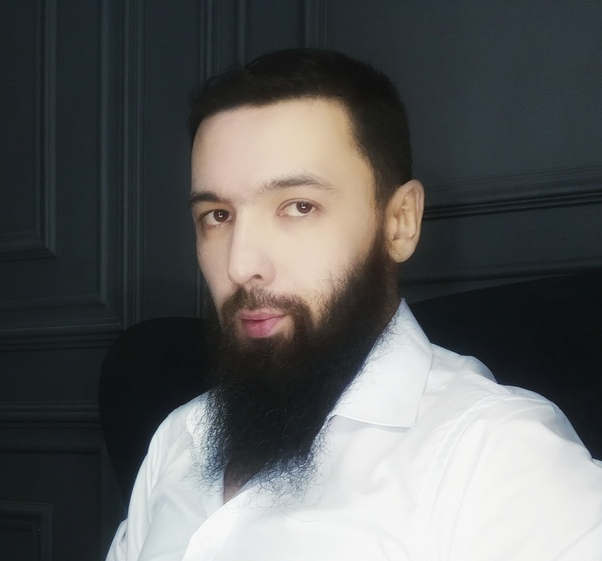
Leukemia—a cancer of the blood and bone marrow—is as elusive as it is aggressive. Unlike solid tumors, leukemia infiltrates the very fluid of life, distorting the architecture of immunity, vitality, and resilience. Treatment often involves intense chemotherapy, bone marrow transplants, and prolonged isolation due to immune suppression. For many, it becomes not just a physical war but a spiritual drought.
In this space of vulnerability, Ruqyah offers a spiritual anchor. Rooted in Qur’anic verses and divine invocation, Ruqyah transcends the material, aiming not to treat leukemia directly, but to restore inner order, energy, and trust in Allah’s decree. This article examines how Ruqyah can intersect with the leukemia journey—emotionally, spiritually, and even biologically.
UNDERSTANDING LEUKEMIA: A WAR IN THE BLOOD
Leukemia arises when the body begins producing abnormal white blood cells, which crowd out healthy cells and impair the immune system. The result is a breakdown in immunity, oxygen transport, and clotting. Symptoms often include fatigue, bruising, infections, and night sweats.
From a medical standpoint, leukemia is a systemic crisis. But for the believer, this crisis is not just physical—it challenges the soul. Isolation during treatment, fear of relapse, and the overwhelming toxicity of chemotherapy weigh heavily on the patient’s psyche. Conventional medicine addresses the pathology. Ruqyah addresses the person—the unseen battlefield of spirit, thought, and emotion.
QURAN AND CELLULAR EQUILIBRIUM: SOUND, INTENTION, AND HEALING
Modern studies increasingly show that sound vibrations influence biological systems. In 2022, a multidisciplinary study published in the Journal of Psychoneuroendocrinology reported that low-frequency rhythmic sound modulates the release of interleukins—proteins critical in immune signaling. Qur’anic recitation, with its measured cadence and sacred frequency, has been shown to activate the parasympathetic nervous system, which governs rest, repair, and cellular regeneration.
In leukemia patients, where immune regulation is paramount, even a modest improvement in stress hormones can enhance treatment tolerance. A 2020 pilot study in the Iranian Journal of Cancer Prevention observed that patients who listened to daily Surahs (Yaseen and Al-Fatiha) for 20 minutes had lower cortisol levels and improved neutrophil counts. Although not statistically significant, the trend points to psycho-immune interplay—a domain where Ruqyah may quietly work.
Ruqyah, unlike generic relaxation techniques, carries layered intention: invoking Allah’s mercy, affirming Tawakkul (trust), and aligning with divine will. These dimensions evoke not just calm, but purpose—a vital factor in surviving chronic illness.
PSYCHOLOGICAL AND EMOTIONAL SUPPORT
Leukemia attacks the marrow, the very birthplace of blood—symbolically, the source of life and energy. Patients often feel a loss of identity as their blood betrays them. Hair falls. Energy fades. Life contracts into cycles of transfusions, waiting rooms, and uncertainty.
Ruqyah becomes a sanctuary—a rhythmic reminder of divine sovereignty. Listening to or reciting Ruqyah reconnects the believer with the unseen order behind chaos. The Qur’an reminds: “And We send down in the Qur’an that which is a healing and a mercy to those who believe…” (Surah Al-Isra 17:82).
In psychological terms, this is called ‘meaning-based coping.’ A 2021 clinical review in the British Journal of Health Psychology emphasized that patients who assign sacred meaning to suffering show higher treatment adherence, greater emotional endurance, and lower rates of depression. For Muslim leukemia patients, Ruqyah is not just spiritual—it’s medicinal in its ability to redefine pain.
ENERGETIC CLEANSING
In Islamic tradition, blood is sacred—but also a medium of trial. The Qur’an and Hadith emphasize the symbolism of purity, both physical and metaphysical. Ruqyah, when approached with sincerity, acts as a form of Taharah—cleansing not only from unseen spiritual afflictions, but from inner despair, sin, or stagnation.
Many leukemia patients report feelings of unworthiness or guilt, as if their illness is a punishment. This is where the spiritual ethics of Ruqyah matter. It teaches that illness is a test—not a curse. And tests, when met with sabr (patience) and dhikr (remembrance), become ladders toward elevation. This reframing is essential in restoring dignity and self-worth, especially when physical autonomy is lost.
HEALING BEYOND THE VEIL
In Malaysia, an 11-year-old boy with acute lymphoblastic leukemia underwent chemotherapy alongside daily Ruqyah sessions conducted by his father. Though the cancer eventually relapsed, his parents described an inexplicable peace in the boy’s final weeks. He experienced fewer nightmares, no longer feared death, and often asked for Surah Al-Mulk before sleeping.
In Jordan, a woman diagnosed with chronic myeloid leukemia incorporated Ruqyah as part of her post-treatment recovery. Over two years, her hematologist noted not only physical recovery but marked emotional resilience. Despite painful bone marrow biopsies, she maintained steady hemoglobin levels and a strong will to live, attributing it to her “soul’s alignment with God.”
These narratives don’t offer statistical proof, but they illuminate a truth often ignored: healing is not always eradication—it can also be transformation.
FAITH WITH RESPONSIBILITY
It is crucial to distinguish between spiritual empowerment and spiritual bypassing. Leukemia is not caused by jinn or sihr. Ruqyah is not a substitute for chemotherapy or bone marrow transplantation. However, it is also not irrelevant.
The holistic model of health includes body, mind, and soul. When believers dismiss the role of modern medicine or assume Ruqyah will ‘cure’ physical cancer instantly, they invite harm. True healing integrates both worlds: divine remembrance with medical vigilance.
CONCLUSION
Leukemia reminds us how fragile and sacred life truly is. Ruqyah offers not a cure, but a compass—guiding the believer through pain, purifying intention, and reconnecting the soul to its Creator. Through sound, sacredness, and surrender, Ruqyah may not eliminate leukemia—but it can help transmute its fire into light.
In the Qur’an lies a healing not just of flesh, but of identity, meaning, and trust. In the marrow of our suffering, perhaps that is the greatest cure of all.

